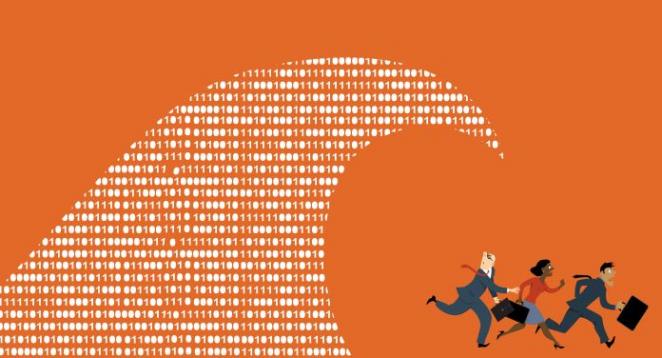Carl Bergstrom and Jevin West wrote a book titled “Calling Bullshit: The Art of Scepticism in a Data-Driven World,” and established a course at Washington University with a similar title.
While the title is confronting, I have quoted the full title for academic completeness but will now use the abbreviation “BS” so as not to offend.
Bergstrom and West are academics and authors who are fighting the “misinformation epidemic.”
The use of BS in the title represents their desperate concern about the way data is being collected and used, supposedly to reach effective solutions but, too often, to represent confirmational bias.
The problem is not a lack of numbers; it is a lack of accurate and constructive data that illuminates the real issues. And the need is not just for better data or professionals to pump into computer models. It is a lack of using good data to engage with people, to help them relate professional analysis to what they are thinking, and to see their thoughts and needs incorporated into effective strategies.
This is not necessarily done for malicious reasons but through a lack of an appropriate corporate culture, a lack of resources, and to justify an approach, especially in politics.
But then again, there are examples of willful manipulation to a self-servicing end.
Bergstrom and West do not hold back in their criticism when they say:
- Politicians are unconstrained by facts. Science is conducted by press release. Higher education rewards BS over analytic thought. Start-up culture elevates BS to high art.
- BS involves language, statistical figures, data graphics, and other forms of presentation intended to persuade by impressing and overwhelming a reader or listener, with a blatant disregard for truth and logical coherence.
- more and more we see it (highbrow nonsense) presented in the guise of big data and fancy algorithms
- Our aim in this course is to teach you how to think critically about the data and models that constitute evidence in the social and natural sciences.
New Technologies
Technologies are escalating sources to generate numbers, but not always in a positive direction.
We have moved to a situation of:
- an abundance of numbers, too many of which have been collected without enough attention to the accuracy or with little or no effort to check to see if the numbers make sense
- Using the averaging of a large data set as a masquerade for extensive analysis just blurs the variety of factors that are present.
- Presentation in the public debate of a few figures that typically reinforce a “one-size-fits-all” mentality along with forcefully telling people that the conclusions that are presented cover all that needs be considered.
Bergstrom and West said:
“Recent decades have seen a profound shift in the ways people, groups, and organizations produce and consume information and participate in public discourse. While many positive advancements have emerged from new technologies and platforms, the new information environments also have opened the door to misinformation, disinformation and fake news” (1)
Engagement, not manipulation
Jevin West has now established the Center for an Informed Public at Washington University to engage people, so they feel part of and indeed own the solutions (2). This is a fundamental part of communication: there are many ways we have learnt to bulldoze our opinions onto others with marketing, scare campaigns and unachievable promises, but this does not lead to a constructive environment.
A university report on the establishment of the Centre said:
“The Centre brings together existing areas of excellence at the UW and builds upon the university’s ability to understand better how and why fake news, misinformation and disinformation are created. The Center will combat what researchers call the “misinformation epidemic.”
“A functioning democracy is an informed democracy,” said Sam Gill, Knight Foundation vice president for communities and impact. “UW is bringing together leading scholars in computer science, sociology and law to equip our democracy with the right tools to navigate the digital age.”
“We really see the Center as a university-wide effort,” said Jevin West, principal investigator and inaugural director for the Center. “Misinformation touches everything.”
We know those objective facts are less influential in shaping public opinion than appeals to emotion and personal belief. But this should not be an excuse to replicate the ranting that goes on in the media; it should be the incentive to work in presenting the right facts in a manner that people can engage with.
Carl Bergstrom and Jevin West are heroes of data for forcefully standing up to a tsunami of bad data and misleading analysis and for actively establishing ongoing activities based on a wide cross-section of disciplines to help resolve the problems.
Resources
(1) Calling Bullshit Data Reasoning in a Digital World – Syllabus – With Links to reading https://www.callingbullshit.org/
(2) 2019 UN News: “University of Washington to create UW Center for an Informed Public with $5 million investment from Knight Foundation” UW News July 22, 2019 https://www.washington.edu/news/2019/07/22/university-of-washington-to-create-uw-center-for-an-informed-public-with-5-million-investment-from-knight-foundation/

